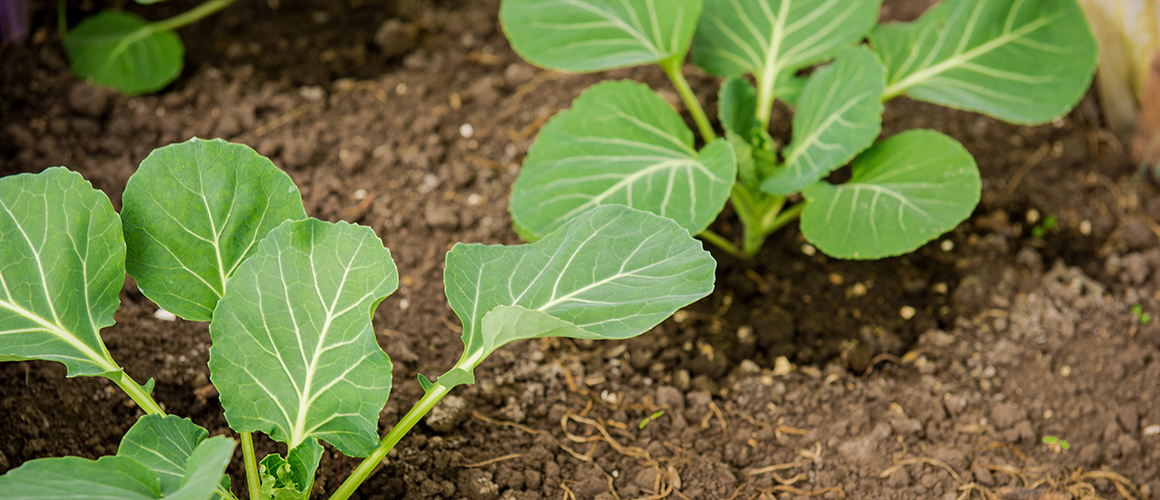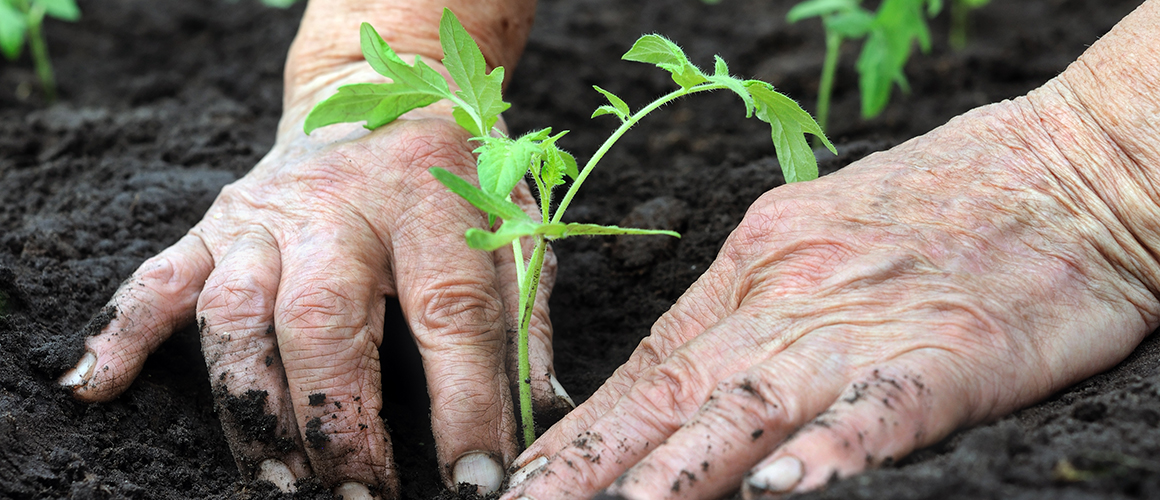
Chris McLoghlin: Seizing opportunities in the organic mushroom industry
14 July 2018
Soil Wealth/ICP delivering Vegetable Crop Nutrition Masterclass
16 July 2018Manure adds nutrients and organic matter to soil, and can increase activity of a soil’s microbial population, which is generally good for soil, plant and human health.
However, some microbes can cause problems and carry serious food safety risks, including human pathogens like Salmonella spp, some strains of E. coli and Listeria monocytogenes.
Food safety systems protecting consumers
Current Australian food safety guidelines have strict instructions about when manure and untreated water can be applied to produce based on how the crop is grown and how it is likely to be eaten.
These guidelines are vital to the overall effectiveness of our food safety system, and are a big part of why Australian fresh produce has a worldwide reputation with consumers for being clean, green and safe.
They’re based on international studies, which show that most pathogens harmful to humans usually die within a few weeks when manures are incorporated into agricultural soils, and within a few hours when exposed on leaf surfaces. This can be due to lack of water and/or nutrients, competition from other microbes, or simply the effect of heat and UV light.
Historically, these studies have usually started by adding very large populations of these pathogens, which makes it easier to detect survivors but may not accurately reflect what could actually take place in a commercial production situation.
Crucially, they have also been concentrated in the northern hemisphere, where farming conditions are very different to those in most of Australia.
Considering Australia’s different climate and production systems, this could make a big difference when, for example, research has shown that pathogens die faster in hot conditions.
Research to support Australian growers
A levy-funded research project that began earlier this year is working to further strengthen our world-renowned food safety system and support Australian vegetable production by providing guidelines that have been validated for Australian conditions for use by Australian vegetable growers.
Right now, the project is talking to food-safety certified vegetable growers who currently use manures in their production to establish what organic material they use and what levels of pathogens could realistically be present in the soil and water used in commercial operations.
This information will be used to design trials examining what happens when realistic pathogen populations come into contact with crops, whether through soil amendments or through water, and how long these pathogens can actually survive on different vegetables.
The project team is eager to talk to as many growers as possible to get the best picture of Australian production practices, and if you get involved, you can get free testing of your organic soil amendments (with the results remaining confidential between you and the project team).
You can get in touch with the project through Dr Jenny Ekman from Applied Horticultural Research – either via e-mail at jenny.ekman@ahr.com.au or on 0407 384 285.
This post appeared in the AUSVEG Weekly Update published 17 July 2018. Subscribe to the Update using our online form to receive the latest industry news in your inbox every week!


